Best AI tools for< Standardize Document Structure >
20 - AI tool Sites
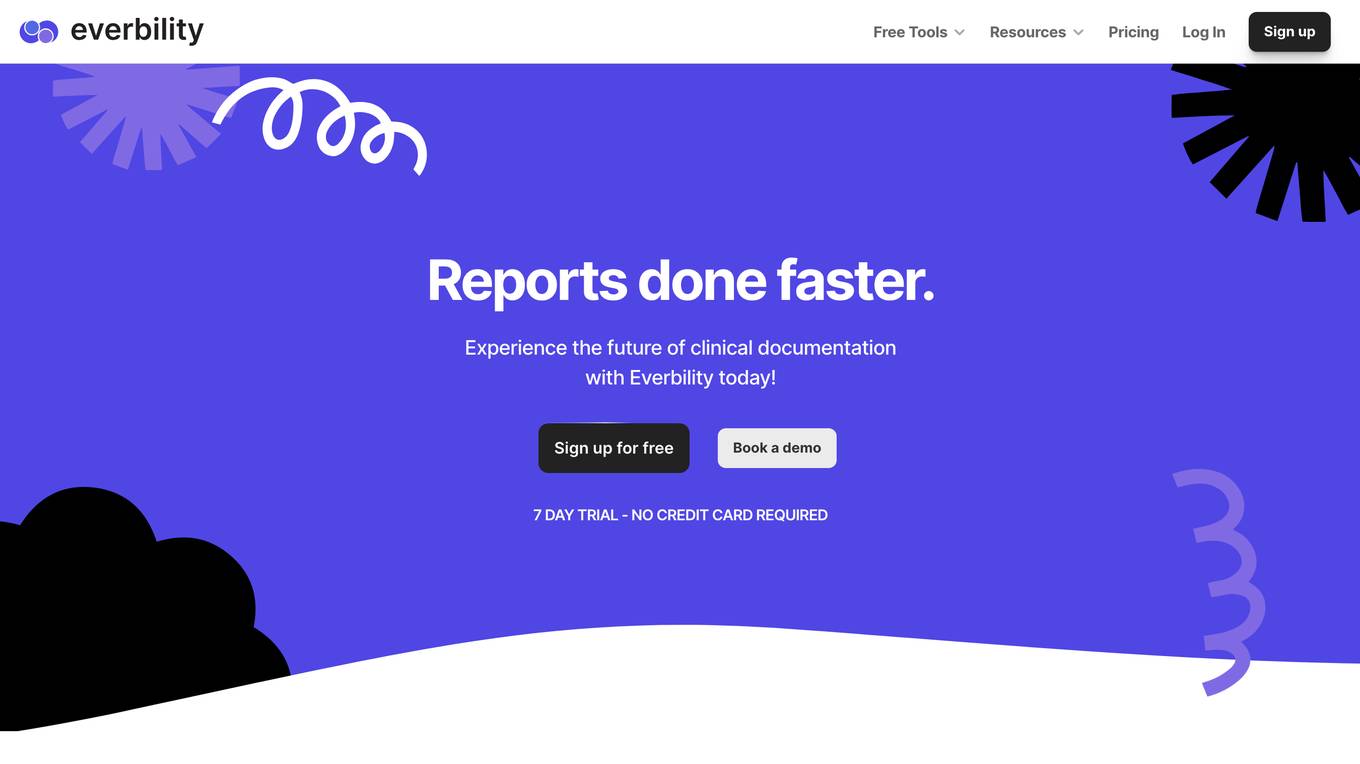
Everbility
Everbility is an AI-powered clinical documentation tool designed for Allied Health Professionals. It helps in writing reports, synthesizing client notes, brainstorming ideas, and focusing on client care. The tool saves time by generating progress notes, letters, and assessment reports, while ensuring data privacy and compliance with regulations like HIPAA and Australian Privacy Principles.
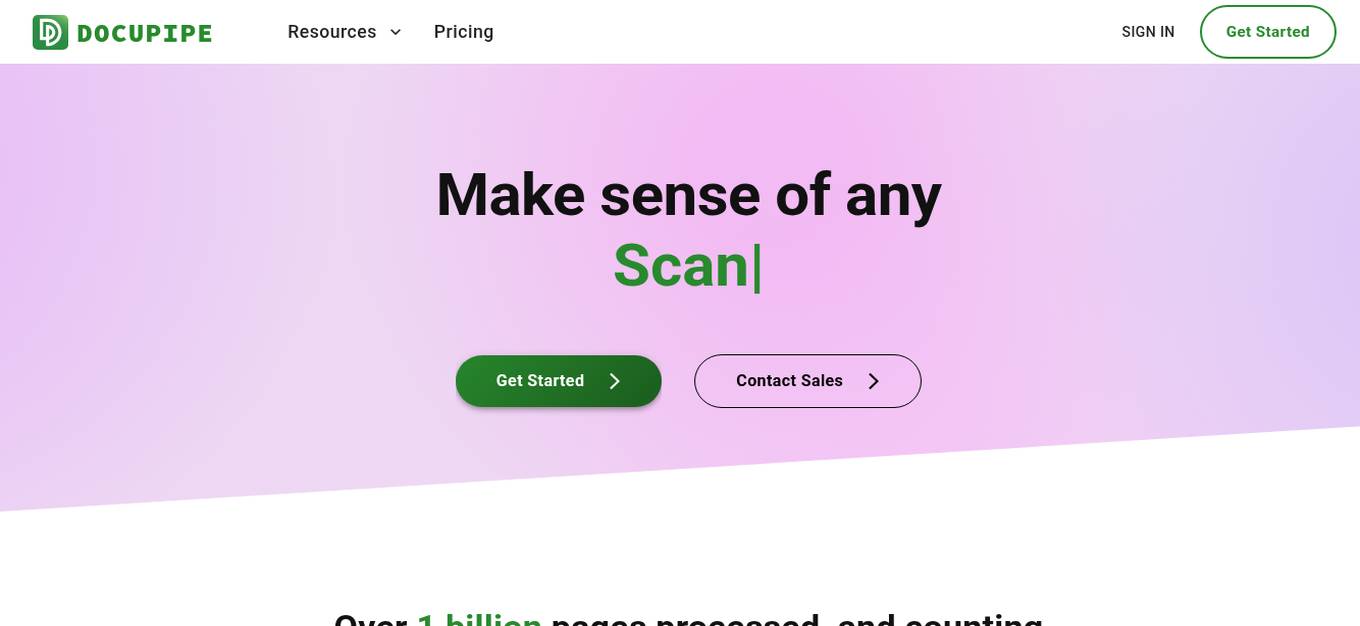
DocuPipe
DocuPipe is an AI-powered document extraction tool that helps businesses convert various types of documents into structured data. It uses artificial intelligence to extract information from documents such as invoices, medical records, insurance claims, and more. DocuPipe offers custom definitions tailored for different businesses to accurately extract required data. The tool ensures security and compliance by encrypting documents and being GDPR and HIPAA compliant. With features like OCR, document standardization, and document splitting, DocuPipe provides accuracy, flexibility, and speed in handling documents.
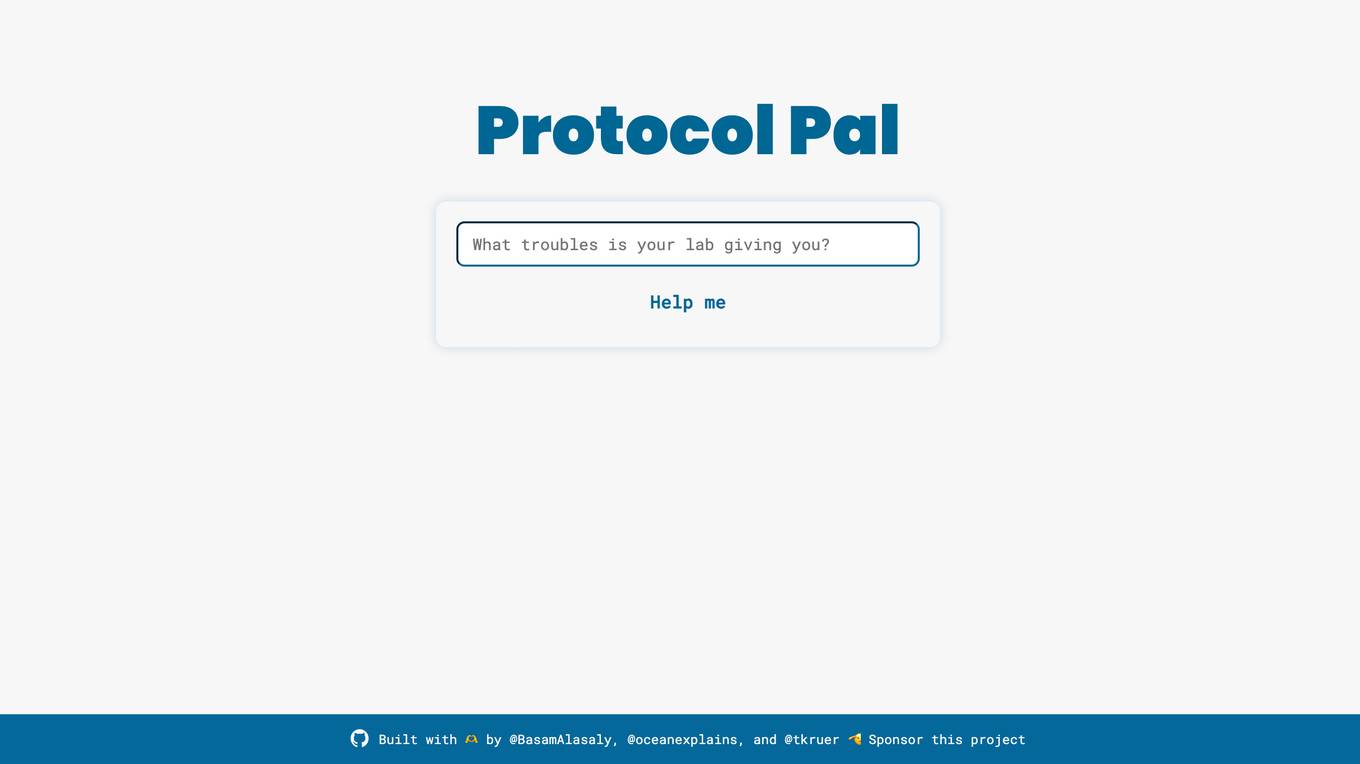
Protocol Pal
Protocol Pal is a website designed to help users with building protocols. It is a platform created by Basam Alasaly, Ocean Explains, and Tkruer. The website aims to assist individuals in creating structured protocols efficiently. Users can benefit from the tool's features to streamline their protocol development process. Protocol Pal is a valuable resource for anyone looking to organize and document their procedures effectively.
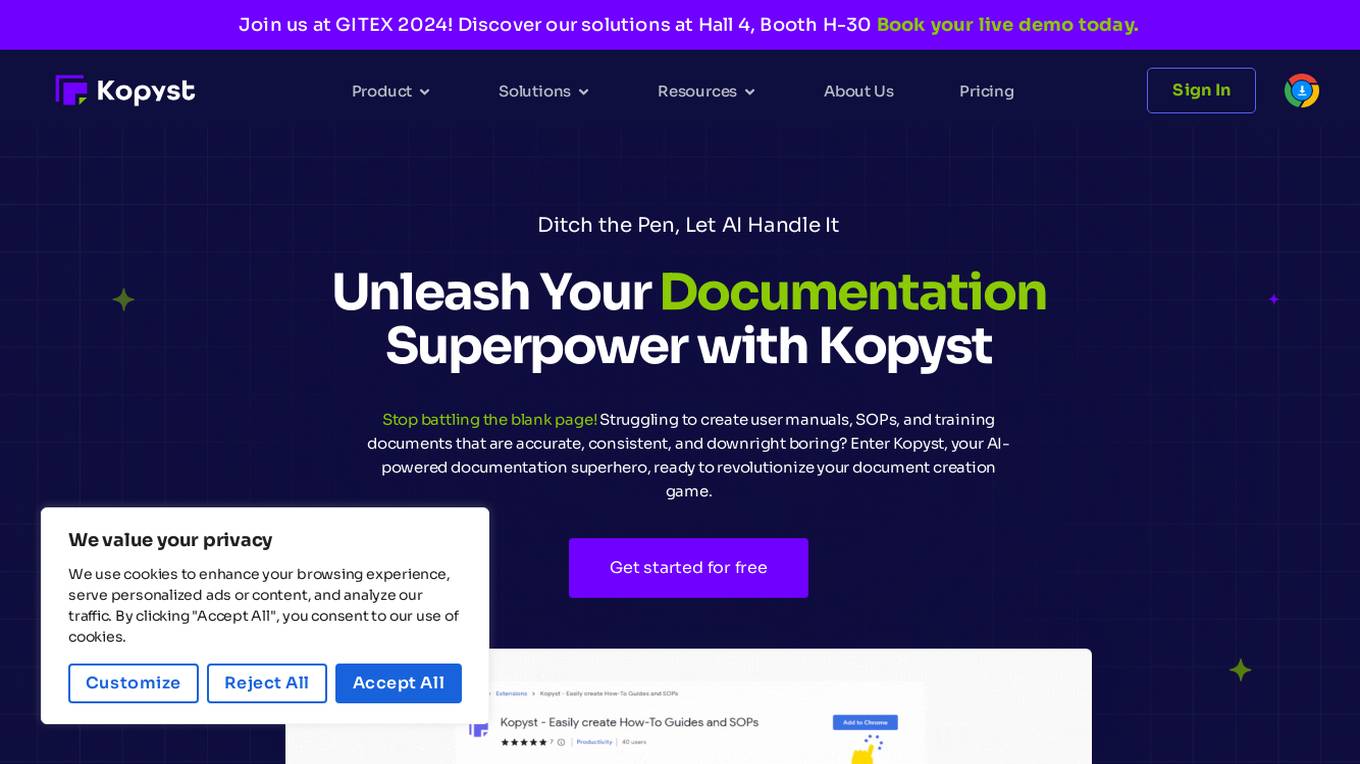
Kopyst
Kopyst is an AI-powered documentation tool that revolutionizes the process of creating engaging video and documents. It helps users streamline workflows, create user manuals, SOPs, and training documents with unmatched accuracy and efficiency. Kopyst offers features like instant documentation, versatile application for various document types, AI-powered intelligence, easy sharing and collaboration, and seamless integration with existing tools. The application empowers users to save time, reduce errors, optimize resources, and enhance productivity in documentation tasks.
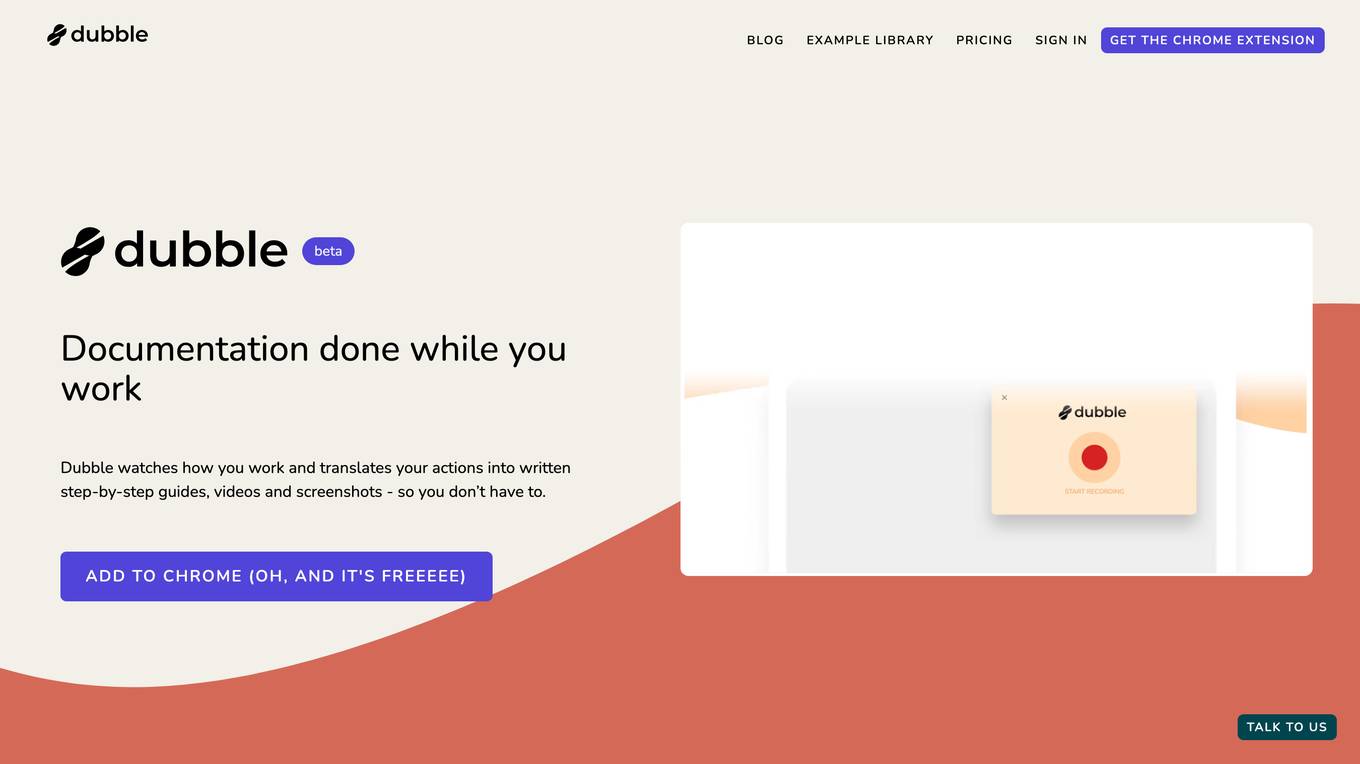
Dubble
Dubble is a free tool that helps you create step-by-step guides, tutorials, and onboarding resources for your processes. It uses AI to watch how you work and translate your actions into written instructions and screenshots. This makes it easy to document your processes without having to write anything yourself.
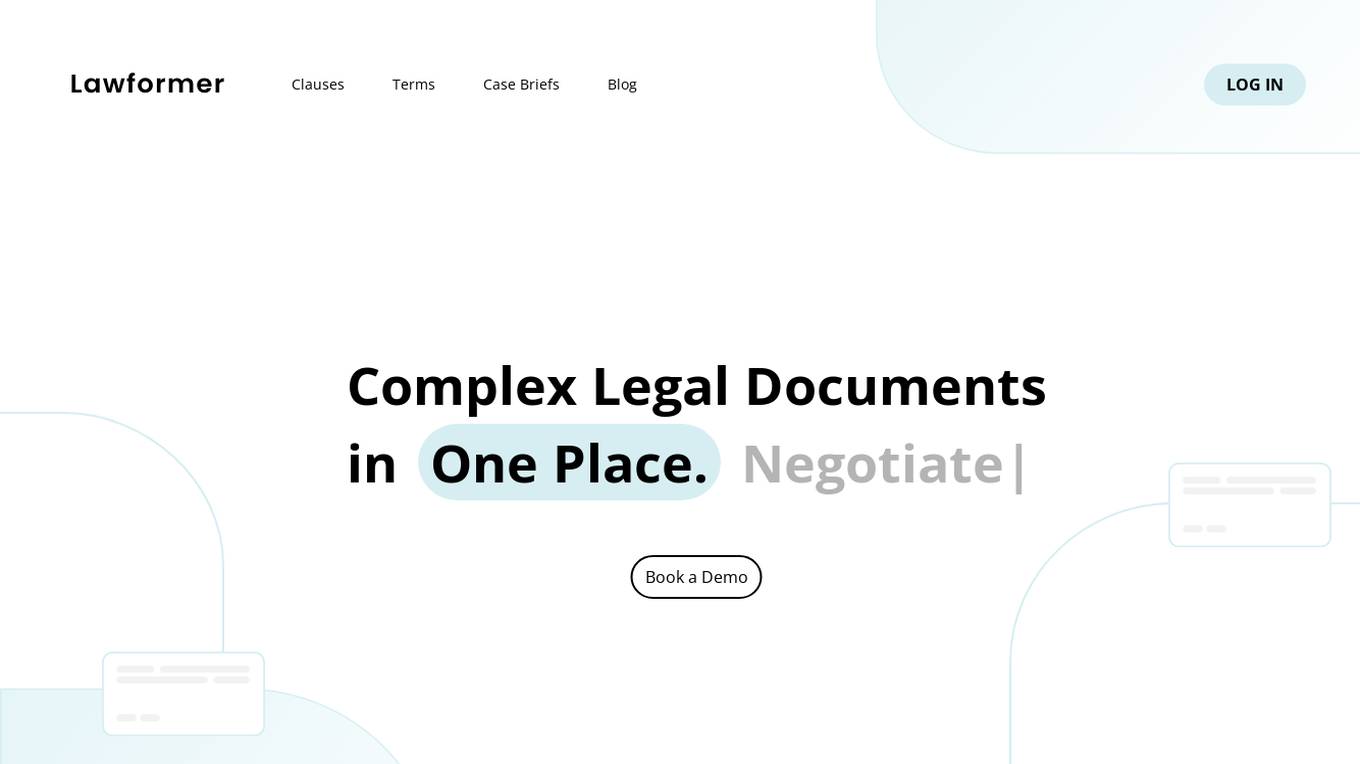
Lawformer
Lawformer is an AI-powered tool designed to simplify the process of handling complex legal documents. It offers an extensive database of attorney-drafted clauses and terms for any contract, along with a learning platform to enhance practical skills in contract drafting. Users can create a personalized library, manage contract knowledge efficiently, and find relevant contract clauses quickly. Lawformer has been serving Silicon Valley startups and the UK's entrepreneurial community since 2009 and 2015, respectively, and is recognized as an international platform for online payments. The platform is trusted by legal professionals and students alike for its comprehensive resources and user-friendly interface.
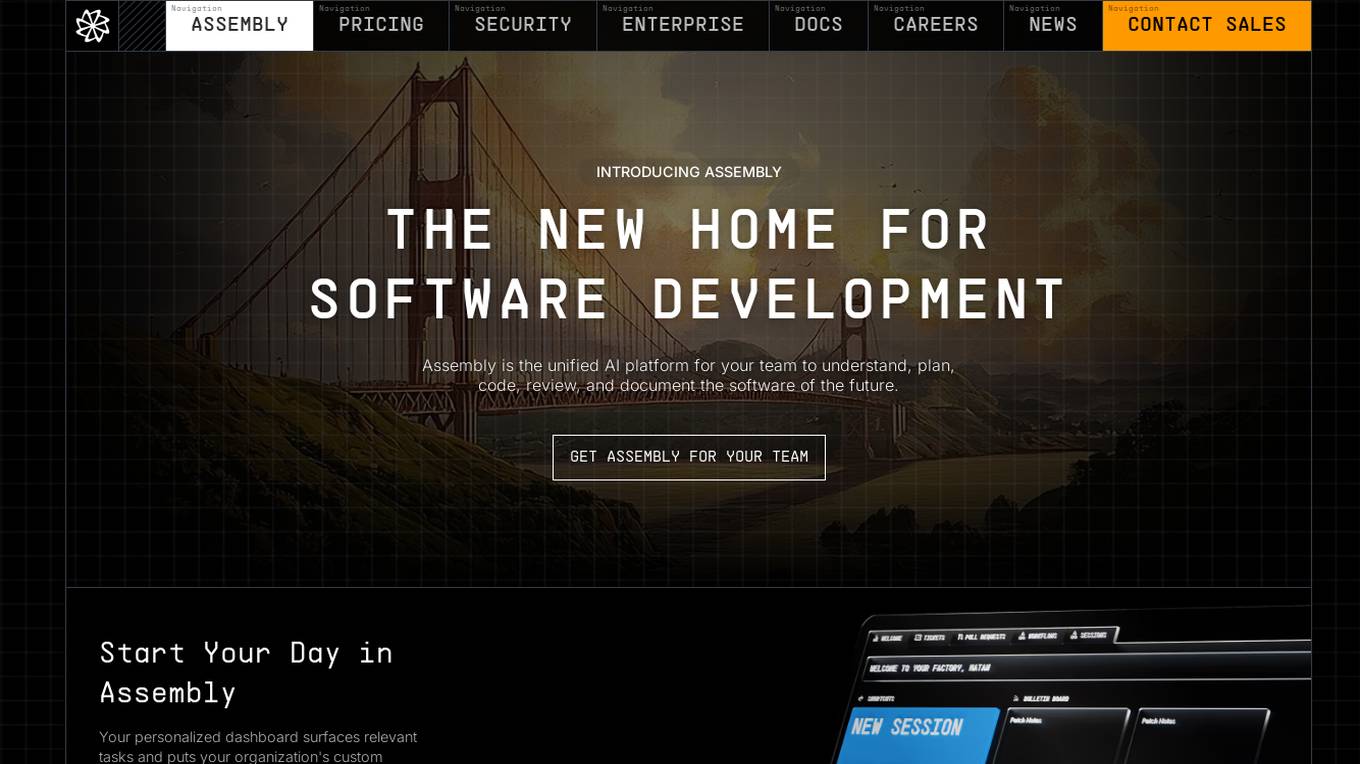
Factory AI
Factory AI is a unified AI platform designed to assist software development teams in understanding, planning, coding, reviewing, and documenting software projects. It enables collaboration between humans and AI, streamlining workflows and enhancing productivity. The platform offers features such as codebase Q&A, code review with AI assistance, development work tools, migration planning, document creation, and internal tool building. Factory AI is built for enterprise use, providing a unified context, enterprise-grade security, team collaboration, standardized workflows, and native workflows for building with premier dev tools.
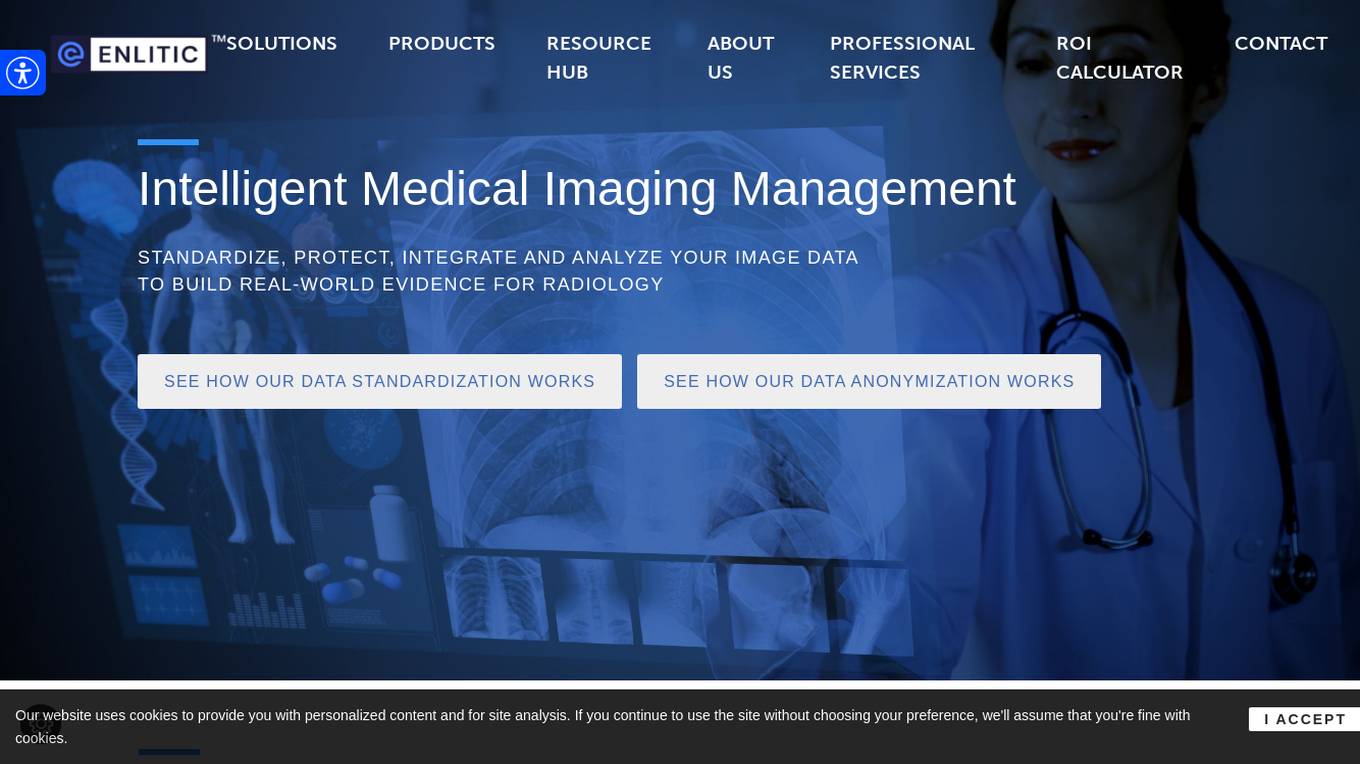
Enlitic
Enlitic provides healthcare data solutions that leverage artificial intelligence to improve data management, clinical workflows, and create a foundation for real-world evidence medical image databases. Their products, ENDEX and ENCOG, utilize computer vision and natural language processing to standardize, protect, and analyze medical imaging data, enabling healthcare providers to optimize workflows, increase efficiencies, and expand capacity.

Claravine
Claravine is an AI tool that creates shared language and standards for marketing data. It eliminates flawed data, conflict, and the blame game by ensuring data accuracy, improving accountability, and building trust. The platform helps enterprise brands and agencies deliver on the promise of modern marketing by consistently creating and applying data standards. With features like defining standards, applying standards, and connecting standards, Claravine maximizes campaign and technology investments to drive better results. Customers report significant improvements in return on ad spend, data compliance, and time spent on manual data processes. The platform enables global collaboration, automates data flows, and adapts quickly to changing business needs. Trusted by global brands, Claravine provides visibility into campaign performance, data consistency across organizations, and a single source of truth for marketing data.
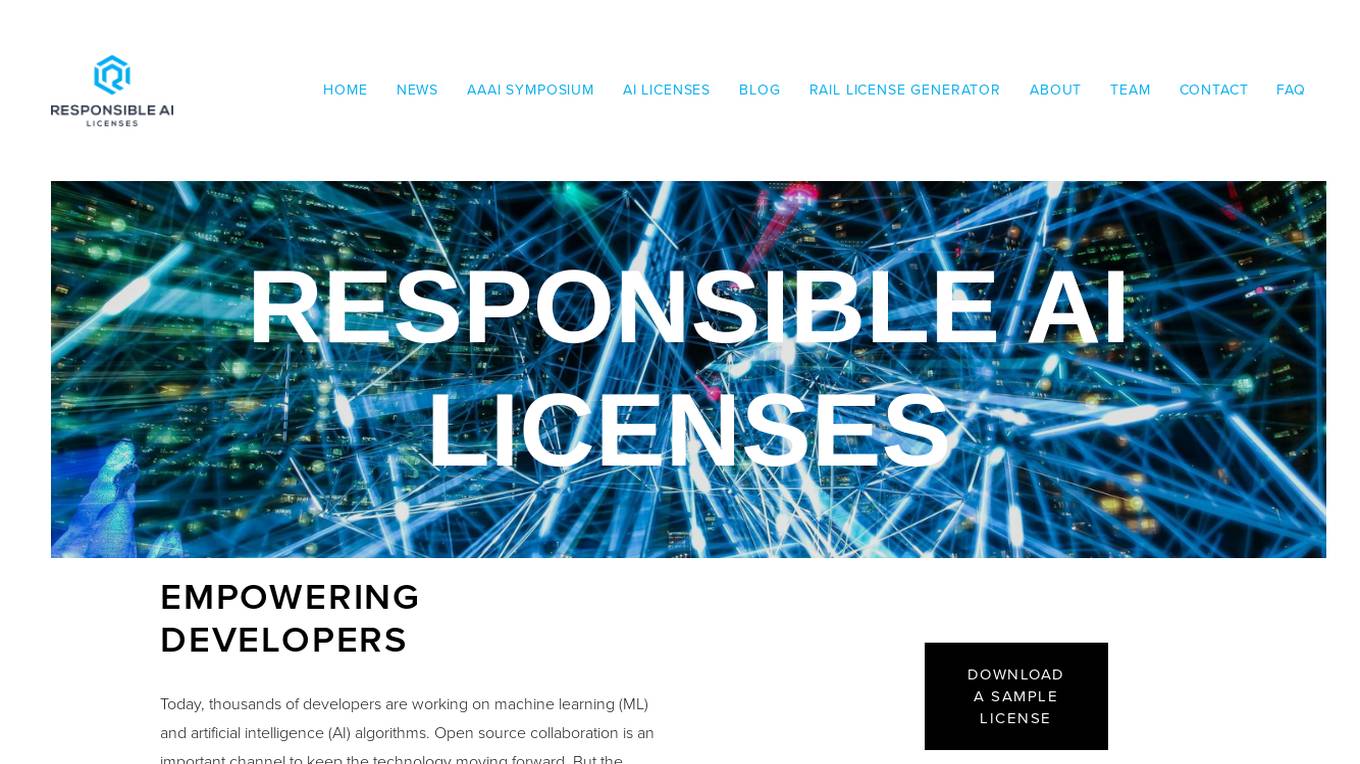
Responsible AI Licenses (RAIL)
Responsible AI Licenses (RAIL) is an initiative that empowers developers to restrict the use of their AI technology to prevent irresponsible and harmful applications. They provide licenses with behavioral-use clauses to control specific use-cases and prevent misuse of AI artifacts. The organization aims to standardize RAIL Licenses, develop collaboration tools, and educate developers on responsible AI practices.
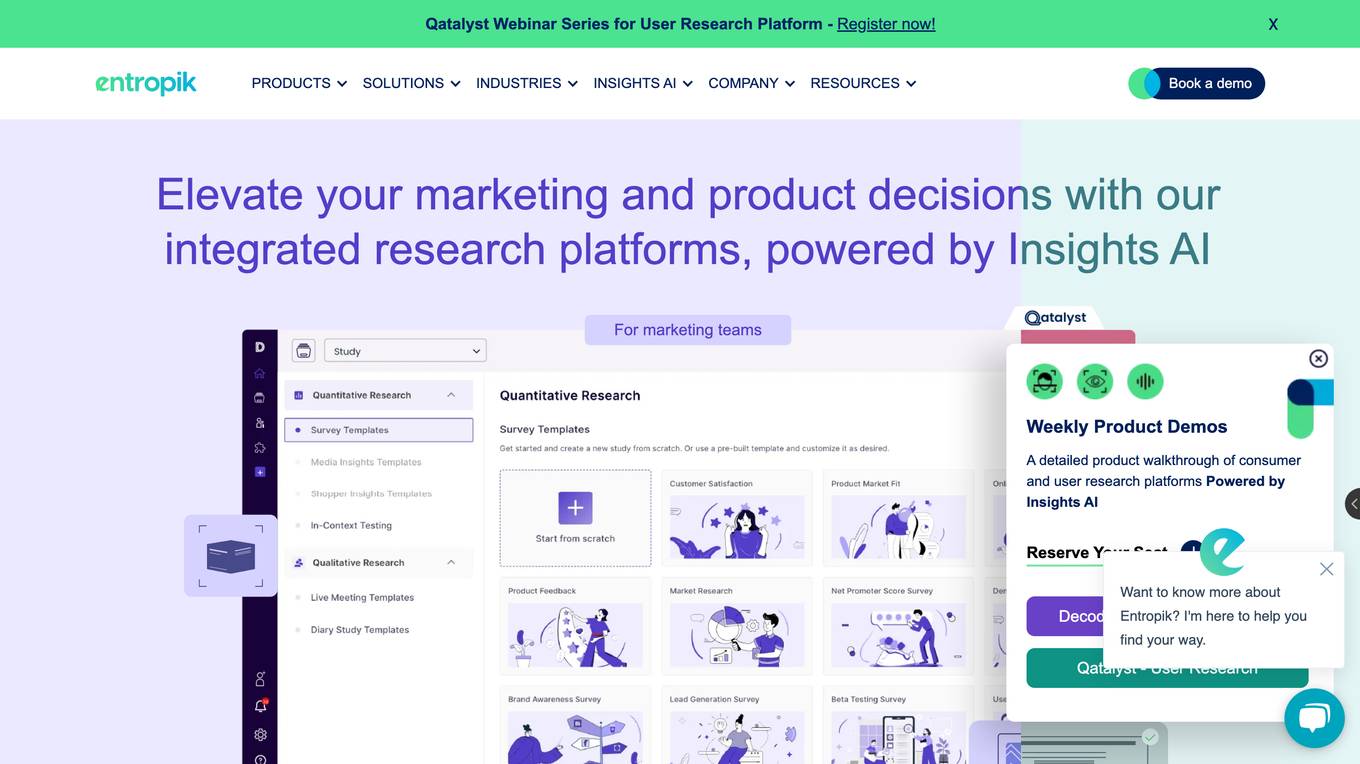
Entropik
Entropik is a unified insights platform that leverages AI technology to decode consumer behavior and emotions. It replaces traditional market research methods with AI-powered analysis to measure emotion, attention, and intent. The platform offers a wide range of features for consumer insights, user research, AI creative insights, and an insights hub. Entropik is trusted by over 150 industry leaders and provides benefits such as faster decision-making, cost reduction, campaign uplift, and standardized testing. The platform also offers an AI Moderator tool for automated qualitative conversations. Entropik helps businesses predict and optimize for attention, clarity, and consumer behavior, providing valuable insights for various industries.
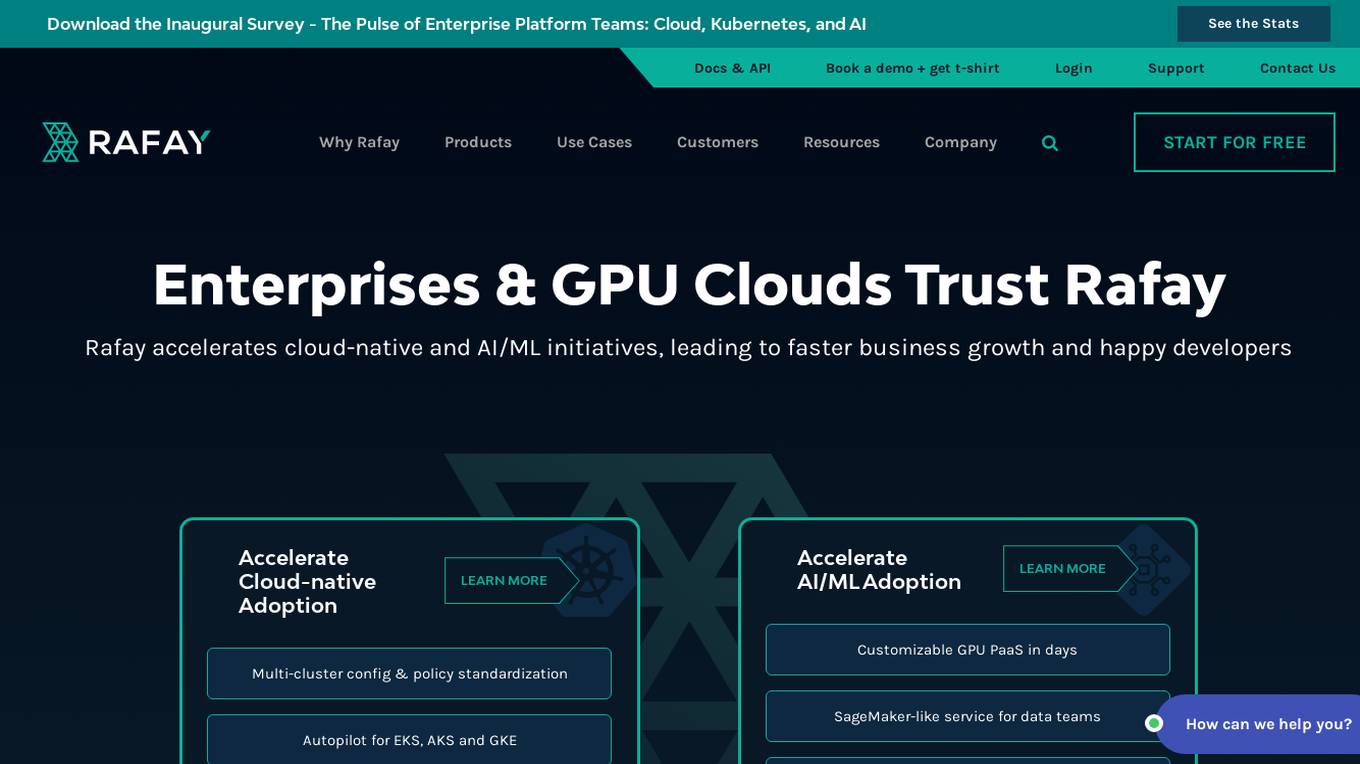
Rafay
Rafay is an AI-powered platform that accelerates cloud-native and AI/ML initiatives for enterprises. It provides automation for Kubernetes clusters, cloud cost optimization, and AI workbenches as a service. Rafay enables platform teams to focus on innovation by automating self-service cloud infrastructure workflows.
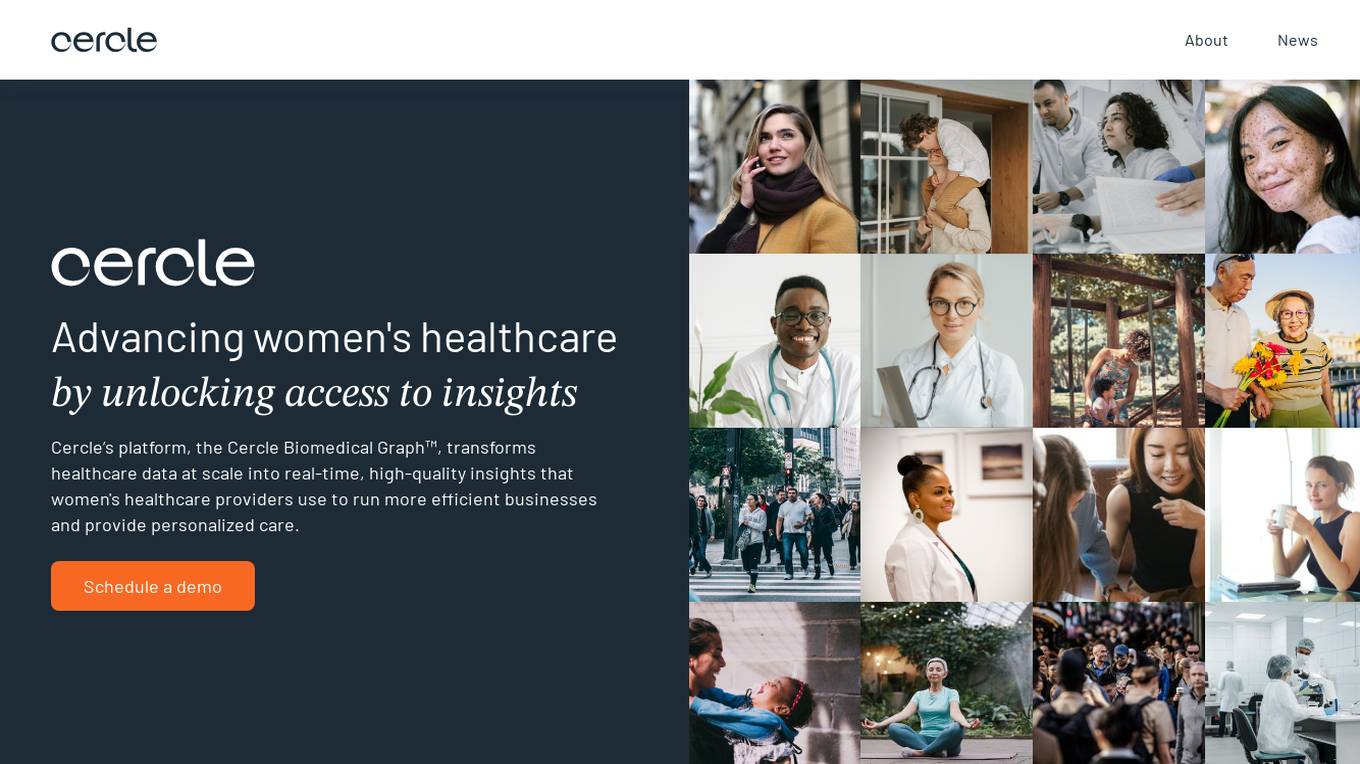
Cercle
Cercle is an AI platform that advances healthcare for women by transforming healthcare data into real-time, high-quality insights. The platform caters to women's healthcare providers, payors, and pharma companies, helping them run more efficient businesses and provide personalized care. Cercle's Biomedical Graph unlocks insights at unprecedented speed and accuracy, optimizing patient care and improving outcomes in areas such as assisted reproduction and fertility processes.
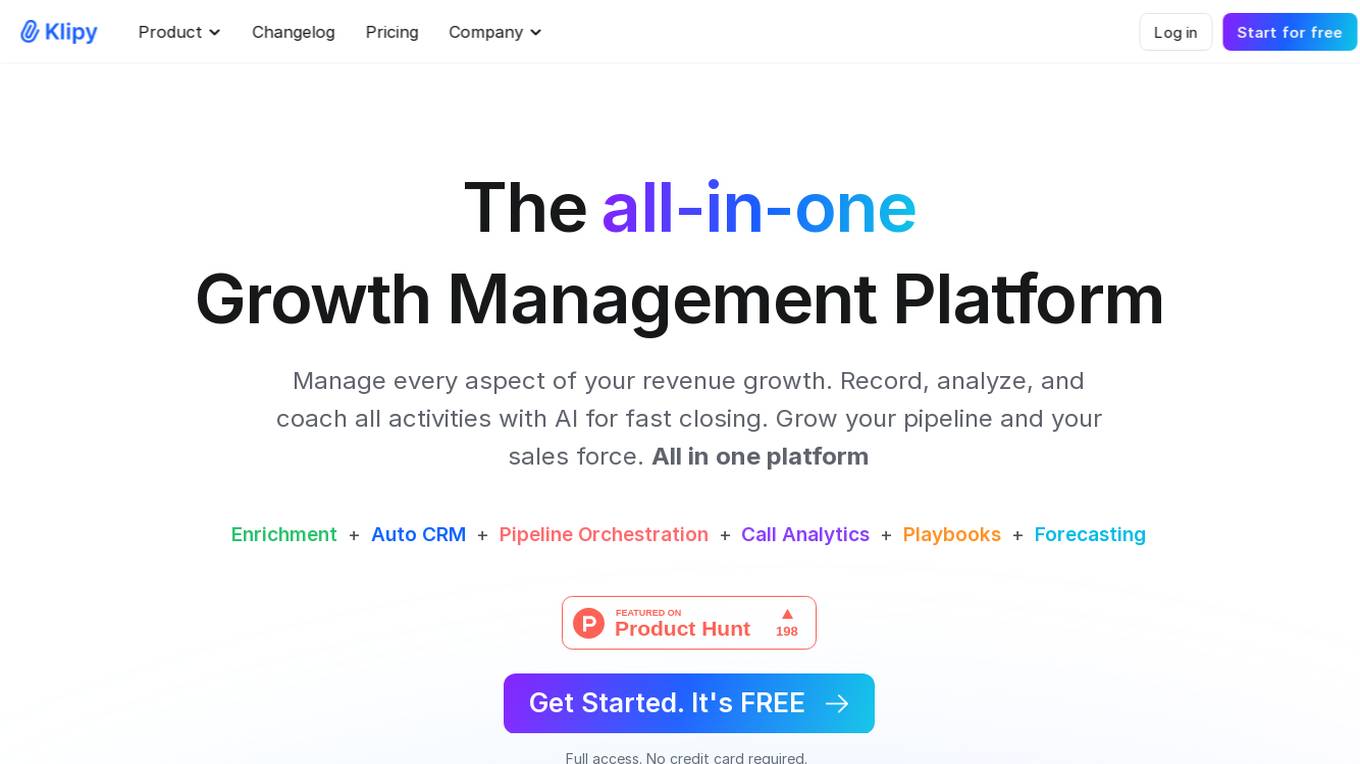
Klipy
Klipy is an AI-powered CRM platform that offers a comprehensive solution for managing all aspects of revenue growth. From automating manual tasks to providing insights through AI analytics, Klipy helps businesses streamline their sales processes and enhance customer relationships. The platform is designed to enrich, log, and organize deal flows, while also offering features like call analytics, playbooks, and pipeline orchestration. Klipy is trusted by various companies and is known for its security measures, ensuring data protection through encryption and anonymization. With a focus on growth operations management, Klipy aims to simplify the sales enablement process and improve customer loyalty.
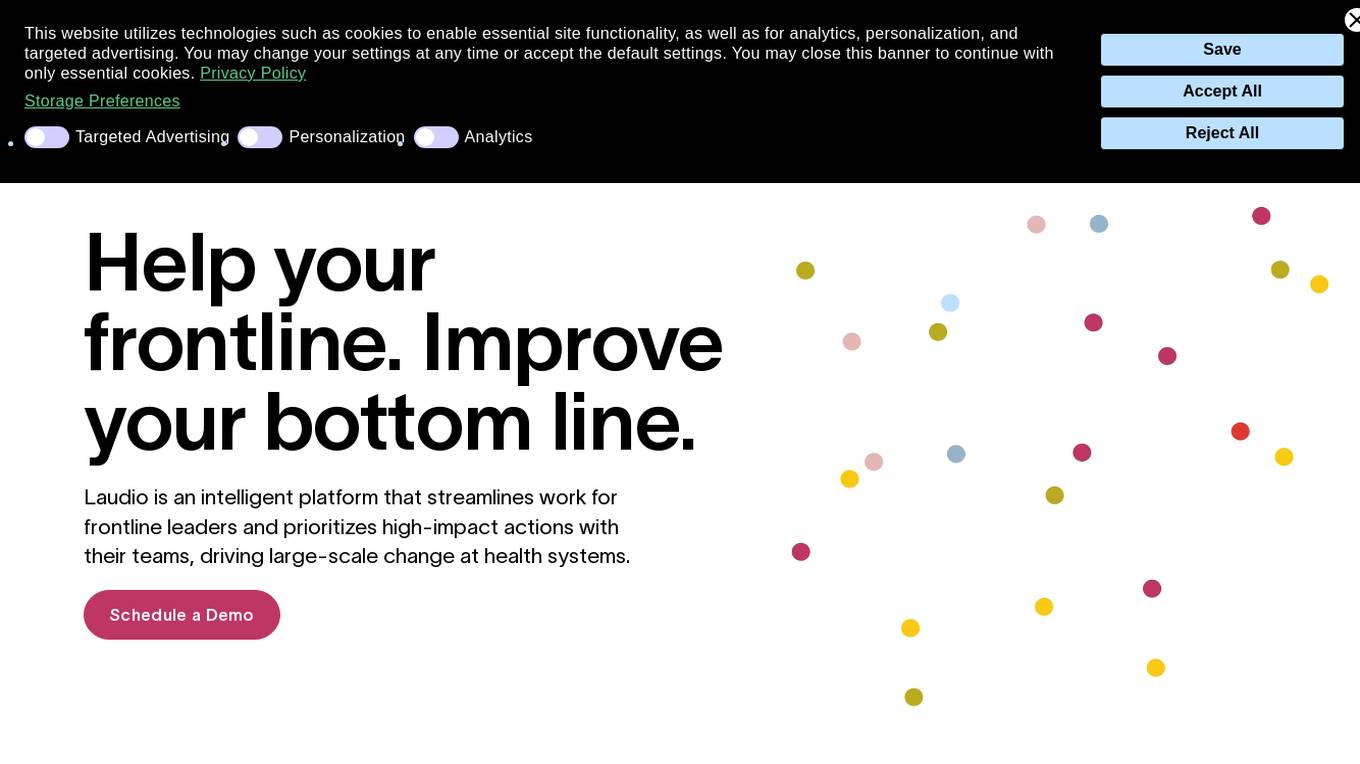
Laudio
Laudio is an intelligent platform designed to help frontline leaders in health systems streamline their work and prioritize high-impact actions with their teams. By integrating essential workflows and leveraging AI technology, Laudio aims to drive large-scale change by saving time, standardizing best practices, and improving employee engagement and patient experience.
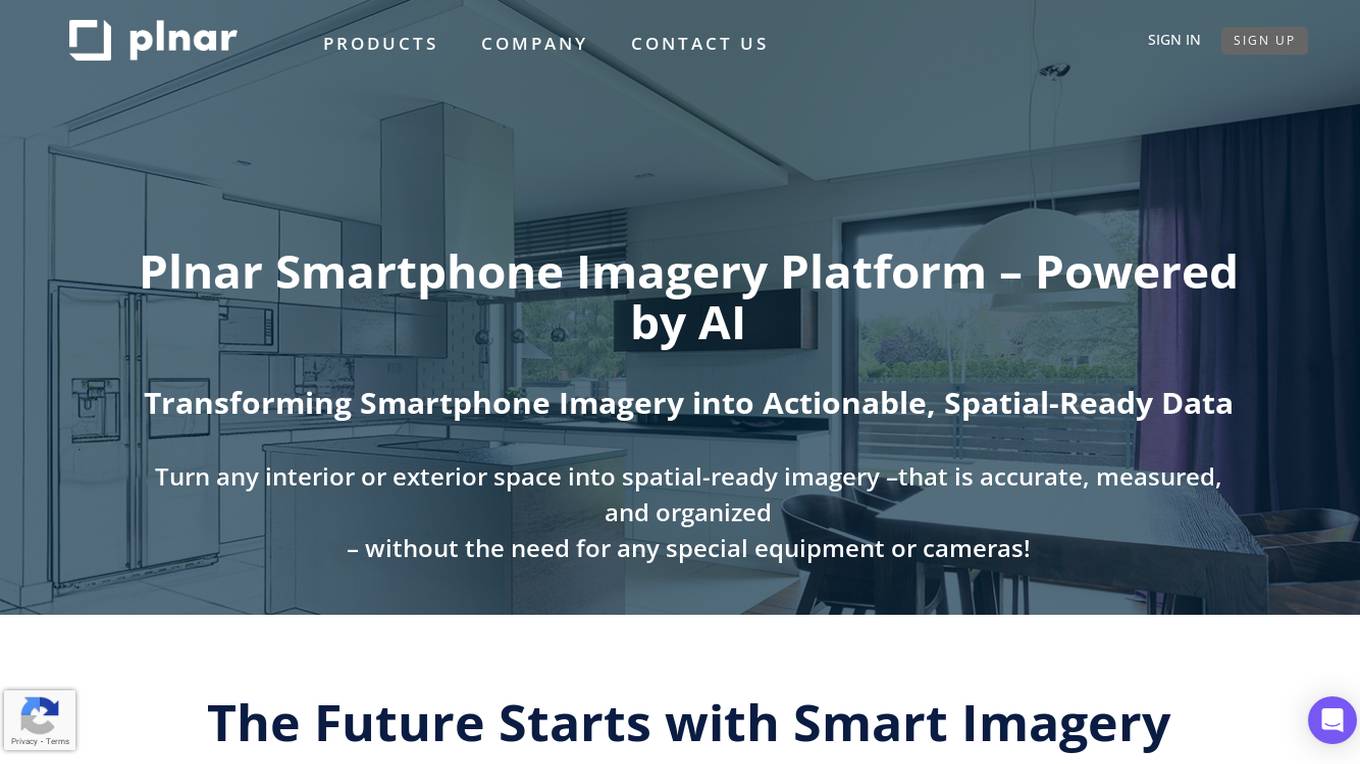
Plnar
Plnar is a smartphone imagery platform powered by AI that transforms smartphone photos into accurate 3D models, precise measurements, and fast estimates. It allows users to capture spatial-ready imagery without special equipment, enabling self-service for policyholders and providing field solutions for adjusters. Plnar standardizes data formats from a single smartphone image, generating reliable data for claims, underwriting, and more. The platform integrates services into one streamlined solution, eliminating inconsistencies and manual entry.
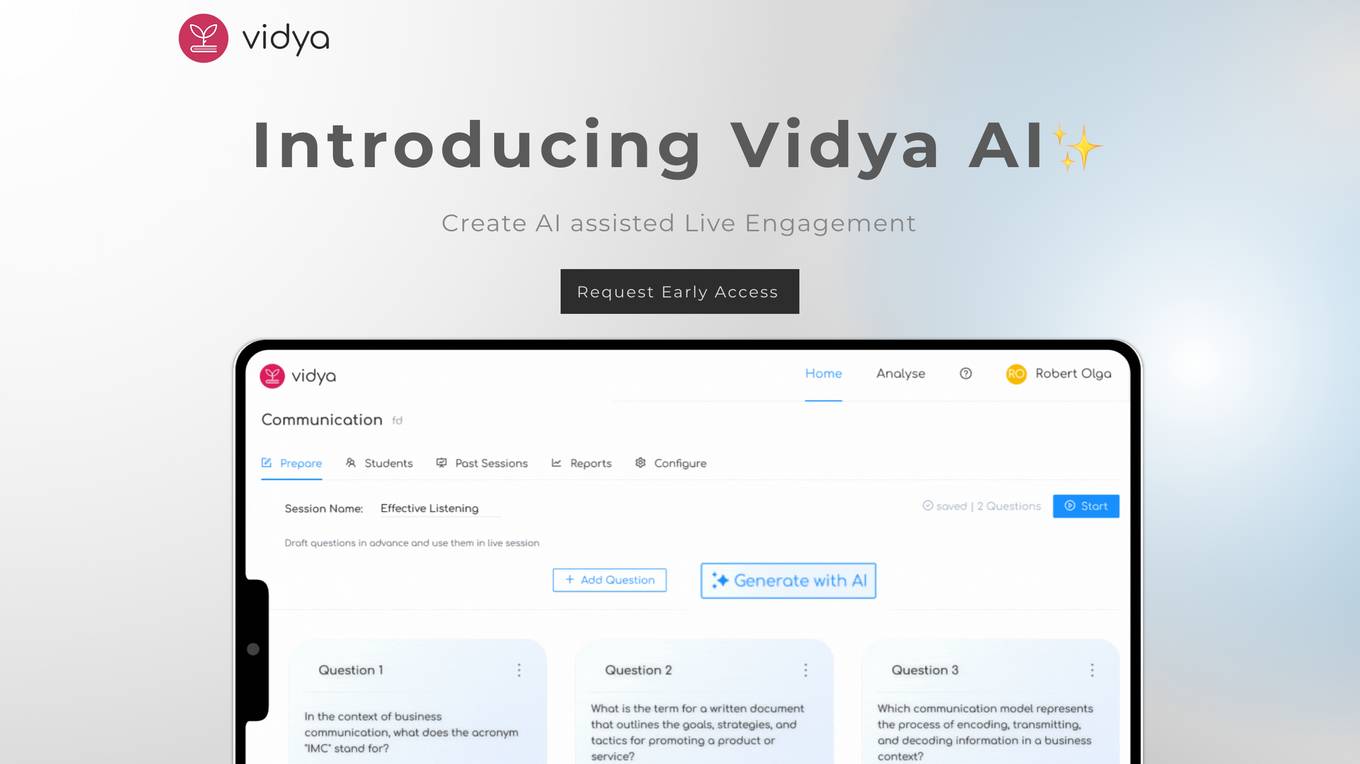
Vidya.us
Vidya.us is an AI-powered platform designed to enhance student engagement by generating thought-provoking and customized questions for effective collaboration in educational settings. The platform offers an AI question generator to simplify classroom engagement, unlimited question libraries for collaboration, and live classroom parameter measurement. Vidya.us aims to streamline content creation and delivery in schools, colleges, and workplaces through innovative AI technology.
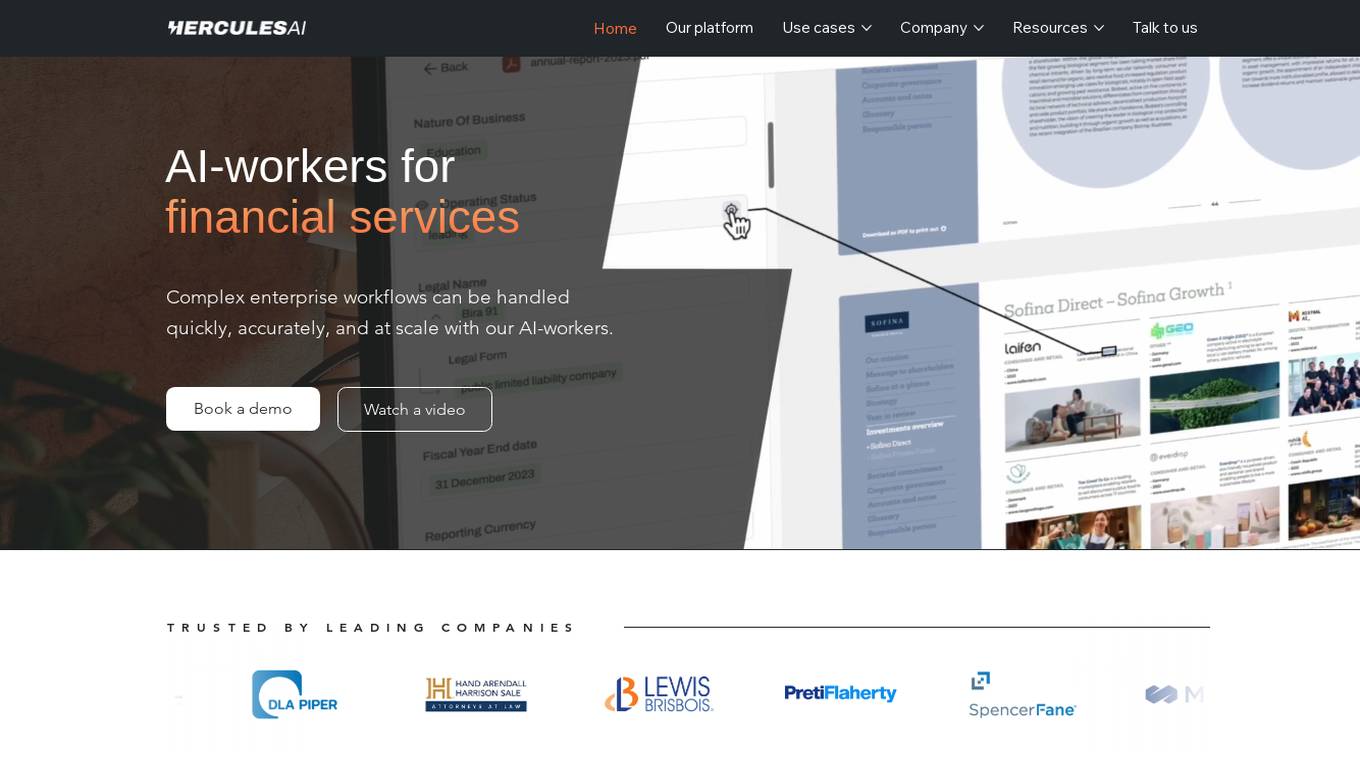
HerculesAI
HerculesAI is an AI-powered platform that offers AI-workers for complex enterprise workflows, enabling quick, accurate, and scalable handling of processes. The platform integrates effortlessly with existing systems, providing fast and secure deployment in weeks. HerculesAI empowers organizations to automate operations, increase revenue, and achieve greater efficiency through AI-powered solutions.
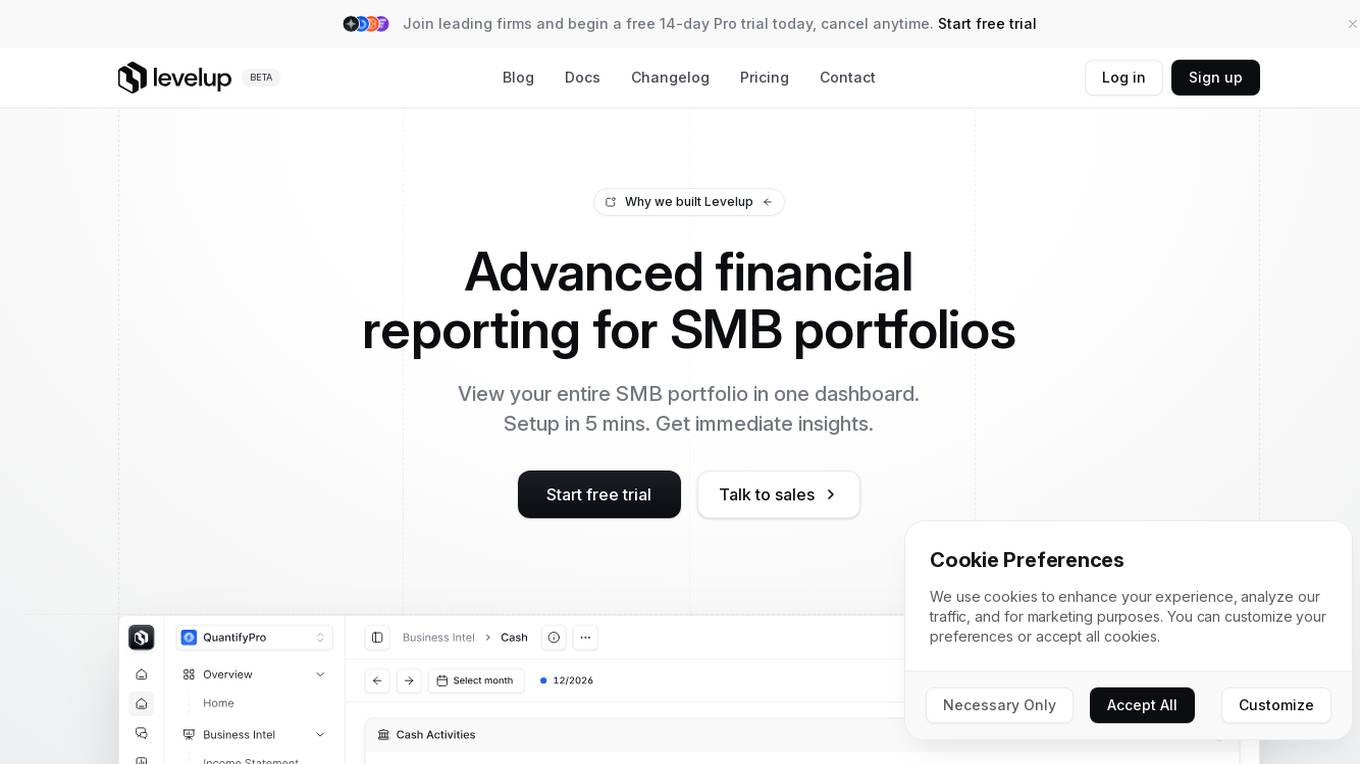
Levelup Intelligence
Levelup Intelligence is an advanced financial reporting tool designed for SMB portfolios. It provides a comprehensive dashboard to view and analyze financial data, offering real-time insights and customizable KPIs. The tool integrates with major accounting platforms, such as Quickbooks and Xero, to streamline data organization and analysis. With AI-powered standardization, Levelup ensures financial transparency and accuracy, making it a valuable resource for accounting firms and financial institutions.
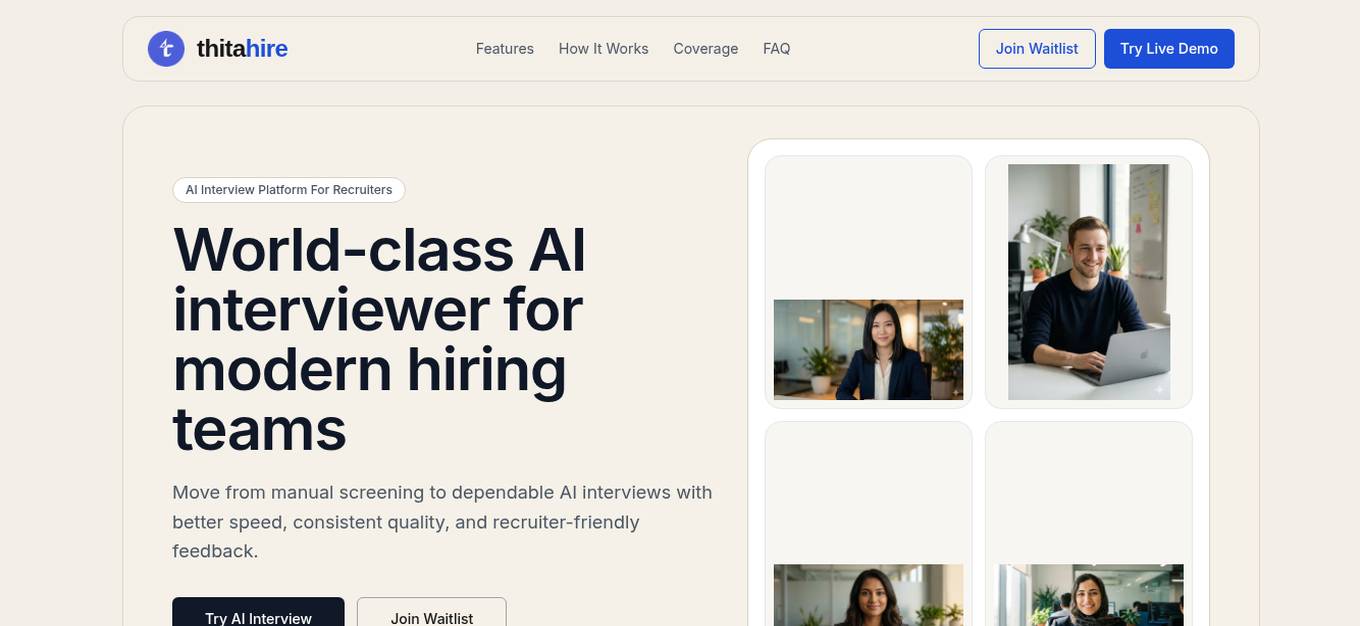
ThitaHire
ThitaHire is an AI Interview Platform designed for recruiters to automate first-round interviews and provide structured decision-ready feedback. It offers a world-class AI interviewer for modern hiring teams, enabling a shift from manual screening to dependable AI interviews with better speed, consistent quality, and recruiter-friendly feedback. ThitaHire supports various interview types including software engineering, data science, AI/LLM, product, behavioral, HLD, and LLD rounds. The platform is trusted by top companies like Google, Meta, Amazon, Microsoft, Stripe, Atlassian, Databricks, and Flipkart.
0 - Open Source AI Tools
3 - OpenAI Gpts
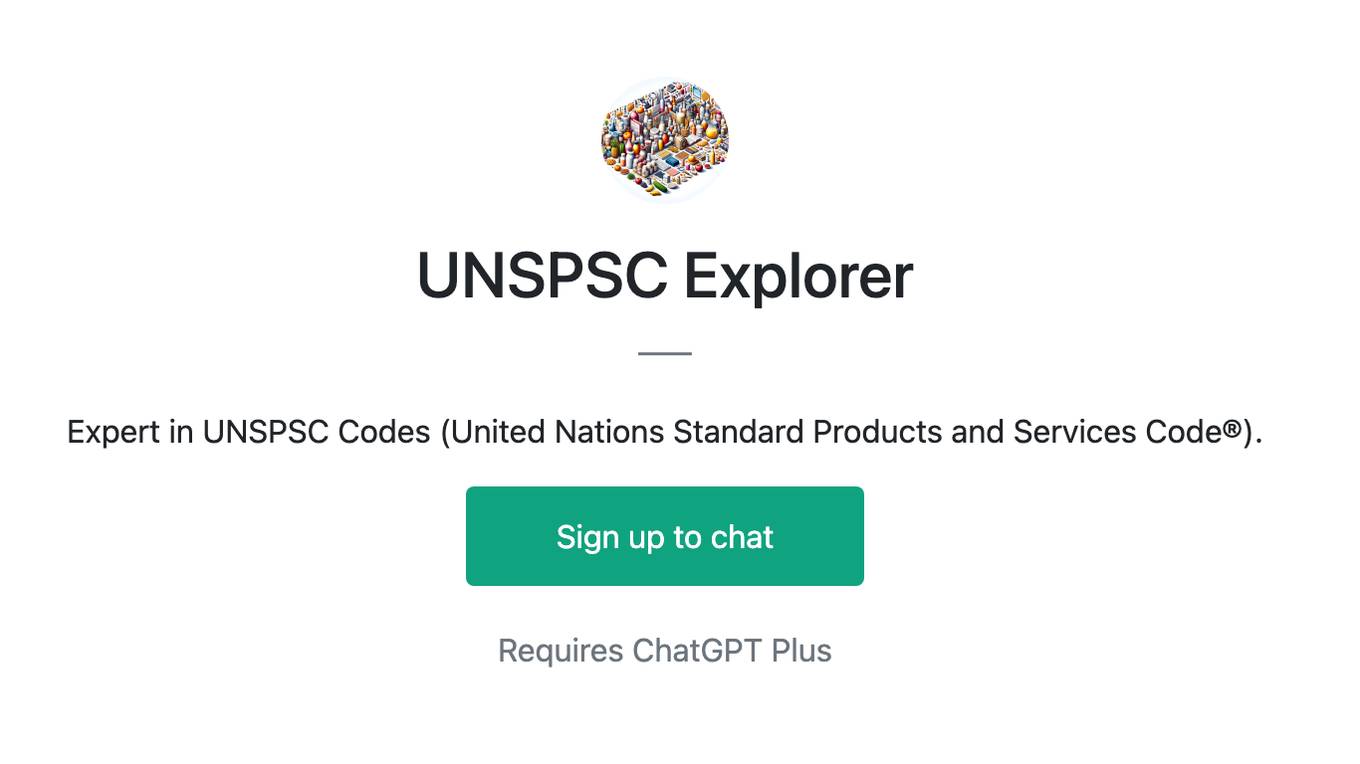
UNSPSC Explorer
Expert in UNSPSC Codes (United Nations Standard Products and Services Code®).

Standardized EV Charging Site Evaluator
Delivers consistent, tailored EV charging site scores.
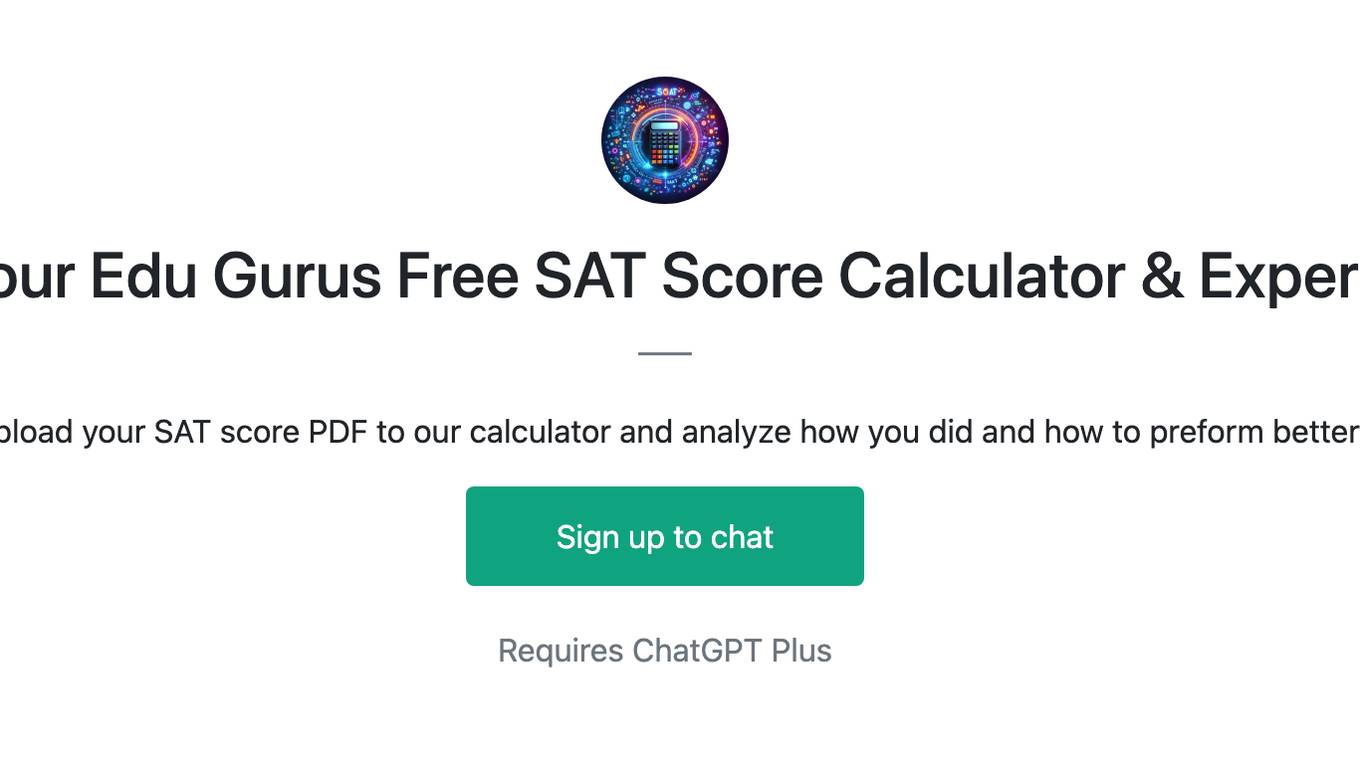
Your Edu Gurus Free SAT Score Calculator & Expert
Upload your SAT score PDF to our calculator and analyze how you did and how to preform better